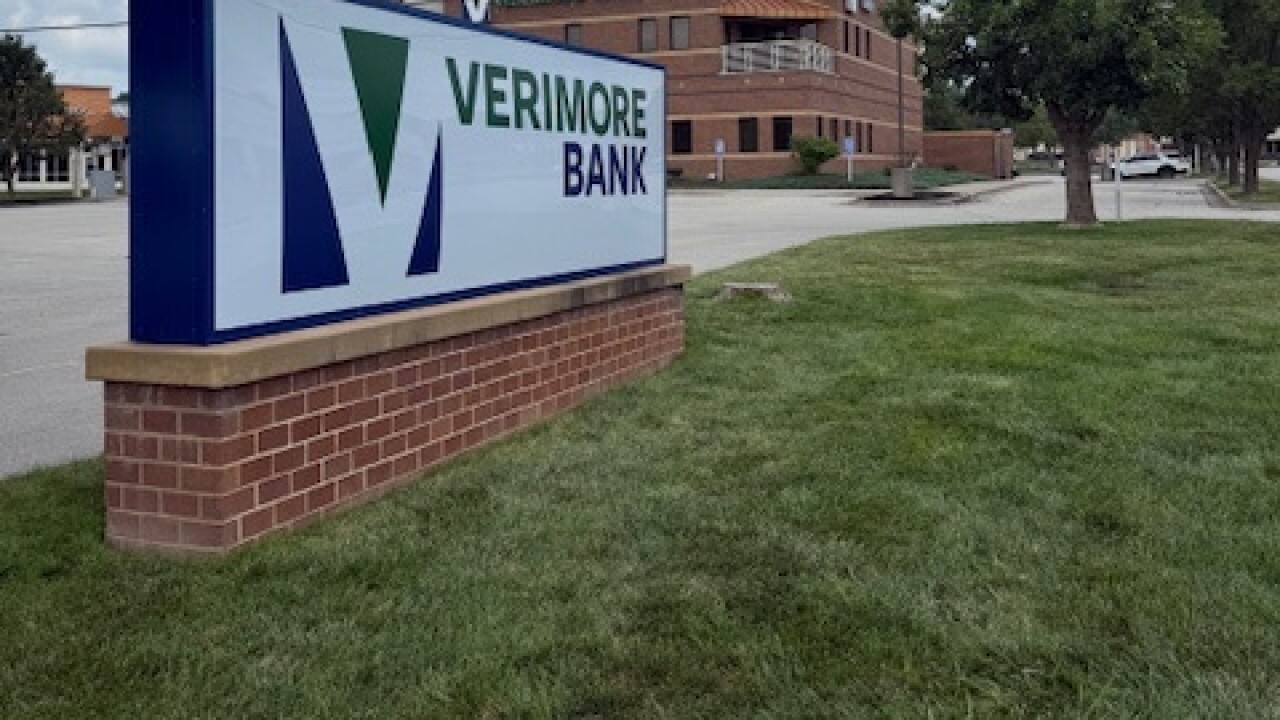Forget Latvia. Ignore Poland and Romania. And don't even think about Estonia. The real poster child for opportunity in Euroland is Turkey, which has become the darling of Western banks looking for expansion options and economic stability. Never mind that the nation of 60 million-plus doesn't have a prayer of European Union membership until 2015.
"For foreign investors and banks, EU membership is not the main factor for investing. It's the sounder economic environment," says Emmanuel Volland, the London-based director of financial services ratings at Standard & Poor's, who notes that the economists forecast a GDP of five percent in 2005, compared to 9.1 percent in 2004. "The main achievement on the political side has been economic stability for the last three or four years," he says. "Turkey has shown a more prudent macroeconomic policy."
Indeed, banks can't seem to move fast enough to get their slice of this potentially enormous consumer-finance pie. In 2005 alone, General Electric bought a 25.5 percent stake (worth $1.81 billion) in Garanti Bank; BNP Paribas bought 50 percent ($216.8 million) of TEB; Unicredito-Koc bought 57.4 percent ($1.16 billion) of Yapi ve Kredi; Rabobank bought 36.5 percent ($78 million) of Sekerbank; and Fortis bought 93.3 percent ($880 million) of Disbank. The ball began rolling in 2001, when HSBC plunked down $350 million to buy Demirbank, followed in 2002 by Unicredito's 50 percent purchase, worth $240 million, of Kocbank.
Analysts say Turkey, with its predominantly young population (in 2025, its median age will be 33, compared to 48 in Germany) is in the adolescent stages of economic development-not yet a mature market, and still growing rapidly toward its full potential. In fact, the nation's economic prowess resembles that of an early Poland, Hungary or Czech Republic, which welcomed an enormous increase in foreign direct investment before they became EU members three or four years ago. "The turning point in Turkey was definitely 2005," says Volland.
Sandwiched at the crossroads of Europe, Asia and the Middle East, Turkey is rapidly evolving into one of the world's most dynamic economies. Led since 2003 by the reform-minded government of Prime Minister Recep Tayyip Erdogan, the nation is privatizing national companies, shrinking its public sector and reworking its pension system. His moves also have boosted productivity and cut inflation.
On November 9, the Turkish Central Bank fueled a stock-market surge when it dropped its borrowing interest rate to 13.75 percent and its lending interest rate to 17.75 percent. But, says Volland, the developments that have prompted the greatest interest from foreign banks is a new banking law, adopted October 19, and talk of a housing law that would allow average Turks to buy affordable home mortgages. "There's almost no mortgages now because of high interest rates and individuals can only now borrow at fixed rates," he says. Consumer loans are limited to car loans. "But it's quite a large consumer market with enormous potential for banks," Volland says.
The population is certainly willing to spend. A new report by London-based Retail Banking Research indicates that the number of payment cards-debit, credit and private-label cards-leaped 50 percent between 2003 and 2005, the largest jump among the 17 European nations studied. Turks now hold 66.8 million cards, or 9.3 percent of the 721 million in the region. Other tidbits include that four out of every five cards issued were from a bank; 79 percent of all cards were internationally branded (98 percent are either MasterCard or Visa); the average adult holds 1.9 cards; and credit cards, which allow balance repayment over a set period, represent 33 percent of the market. "Turkish consumers are becoming more aware of payment cards due to the marketing efforts of the banks and card organizations," the report's authors note. Undoubtedly, the nation is ripe for more banking services.
Nevertheless, risks abound, including high unemployment and a rising current-account deficit. "Further strengthening of capitalization and asset quality is needed, along with revenue diversification, and the reduction of intragroup exposure," Volland and two colleagues warned in a 2005 report. "Privatization of the large state-owned banks is another challenge, and is expected to drag on, even though their restructuring has made significant headway. Finally, corporate governance, accounting, auditing, regulation and supervision need to be strengthened further and fully aligned with best international practices."





